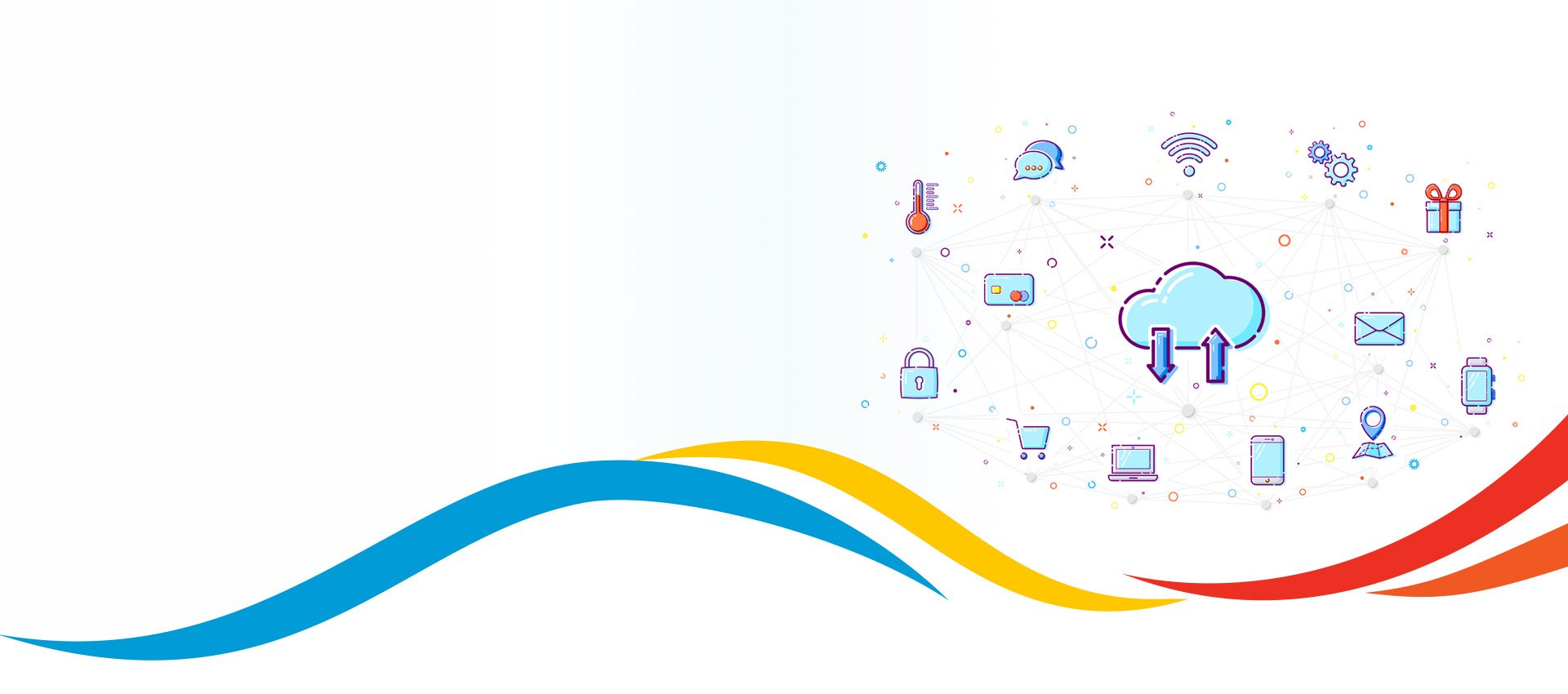Get Appointment
- contact@wellinor.com
- +(123)-456-7890

Internet of Things
The power and potential of endless connectivity and intelligence have been amplified in an unprecedented way with the arrival of the Internet of Things or IoT. As end-points and sensors keep sprawling across your organization’s terrain and ecosystem; fresh and real-time data finds its way sooner than ever towards your fingertips.

The Power of IoT
From business entities to consumers to stakeholders; the possibilities of IoT’s supreme potential are, literally, endless. It gives an integrated and pervasive texture to various devices, networks, things, and terminals. The insights and speed of data and information gathered are so strong that users and firms can truly reach their expectations. When everything talks to each other so seamlessly, quickly and deeply, the result is always a new edge.
Many industries like healthcare, utilities, oil and gas and many are set to harness the IoT’s potential. The age of extraordinary customer experience, agile operations, preventive maintenance, and agile operations life is here.
How Vuesol Works
IoT’s outcomes are best leveraged when factors like speed, depth, timeliness, actionability, and scale are well aligned with infrastructure simplicity, elasticity, costs, and security. Vuesol brings that very balance to the center-stage of this ever-growing radius of IoT. Smart analytics-driven technology helps generate insights that improve operations, increase efficiency, and transform your business.
Operational impact, efficiency, and effectiveness are balanced smoothly with transformation and real-time decisions when you steer IoT under Vuesol’s wings of capable solutions and competent minds.

FAQ's
What is the Internet of Things (IoT)?
The Internet of Things (IoT) is referred to as a network of physical objects implanted with sensors, software, and other technologies to communicate and exchange data with other devices and systems via the Internet. These gadgets include anything from common household items to high-tech industrial gear.
What is IoT development services?
IoT development services enable enterprises to manage their operational efficiency, set up processes, and provide visibility over departments by integrating IoT apps, mobile devices, cloud services, and physical objects into a hyper-connected ecosystem built around end users.
How does internet of things work?
IoT devices have sensors embedded into them which are capable of sensing their surroundings. The sensors in these devices continuously transmit information about their surroundings and how well they are working. IoT acts as a platform to dump all the data collected by these devices.
How can businesses benefit from smart devices?
Businesses get effective management of operations from smart devices. Another significant advantage provided by the connectivity of smart devices is the automated control of multiple operational areas, including inventory management, shipping tracking, fuel and spare parts management.
What are the different types of IoT services?
The different types of IoT services are as follows:
1. Preventive equipment maintenance
2. Remote operation of machinery/appliances
3. Environmental monitoring
4. Optimization of energy consumption
5. Hands-off inventory management
6. Remote health monitoring
7. Video surveillance and real-time alerts
8. Product quality management
What are examples of IoT devices?
The most commonly used IoT devices include Self-driving vehicles, surveillence systems, smart watches and wearables, smart home systems, and more.
Is Internet of Things the same as AI?
No, Internet of things and AI are not the same. In the Internet of Things, many sensors are spread across our environment, and each has some facts that are relayed online whereas, in artificial intelligence, the system attempts to improve itself by learning from mistakes or unintentional activities.

